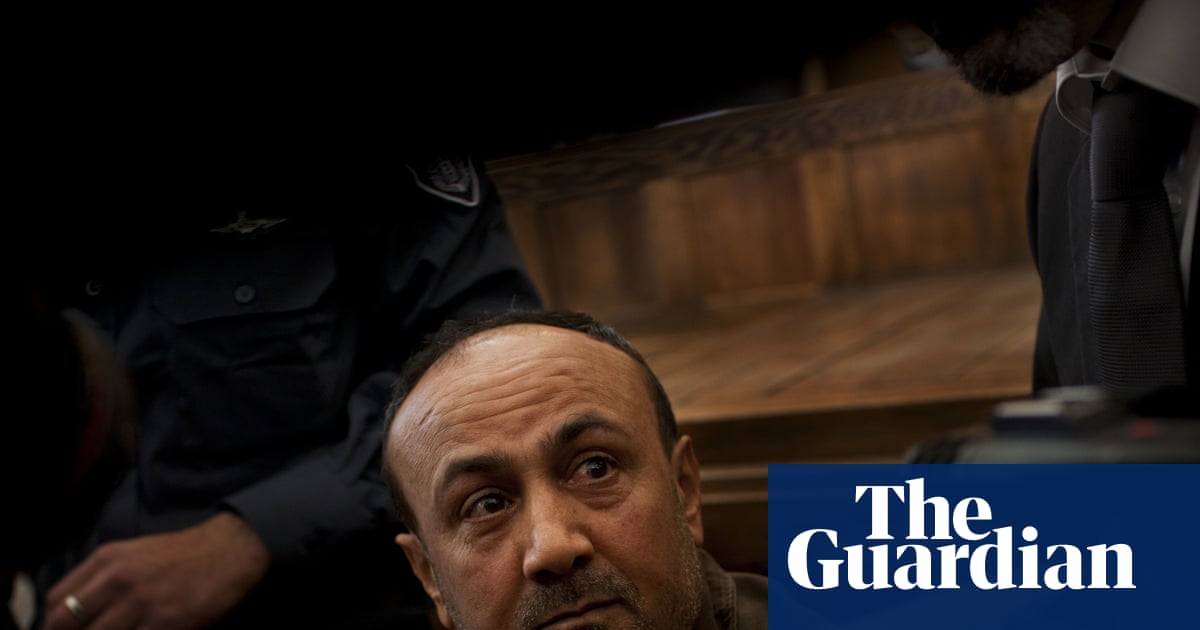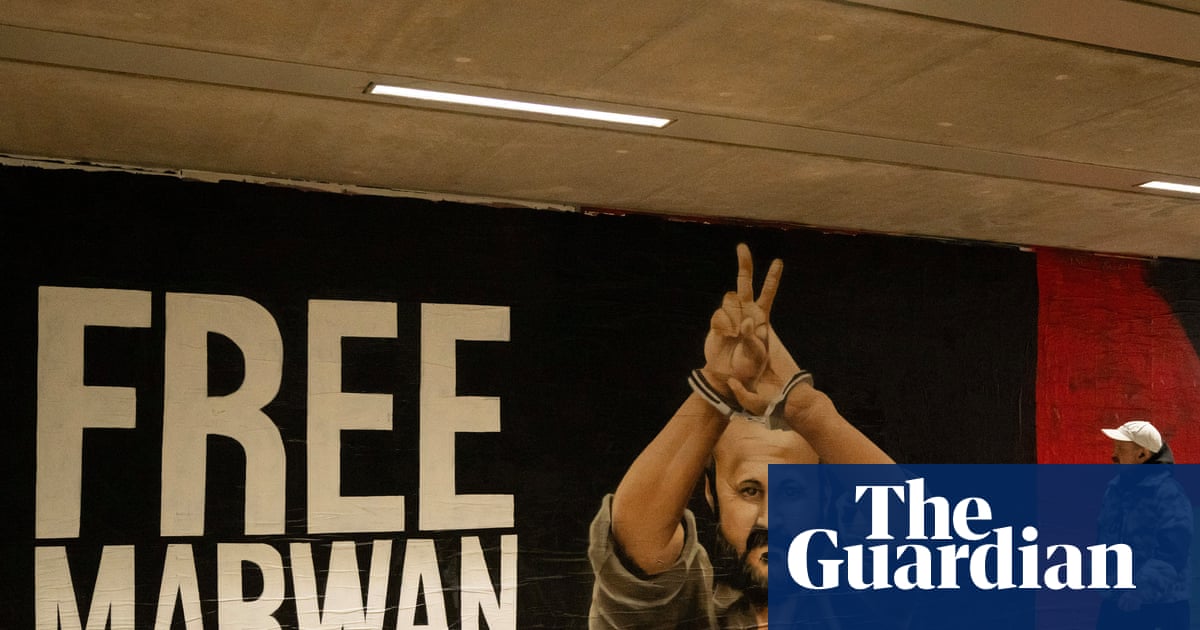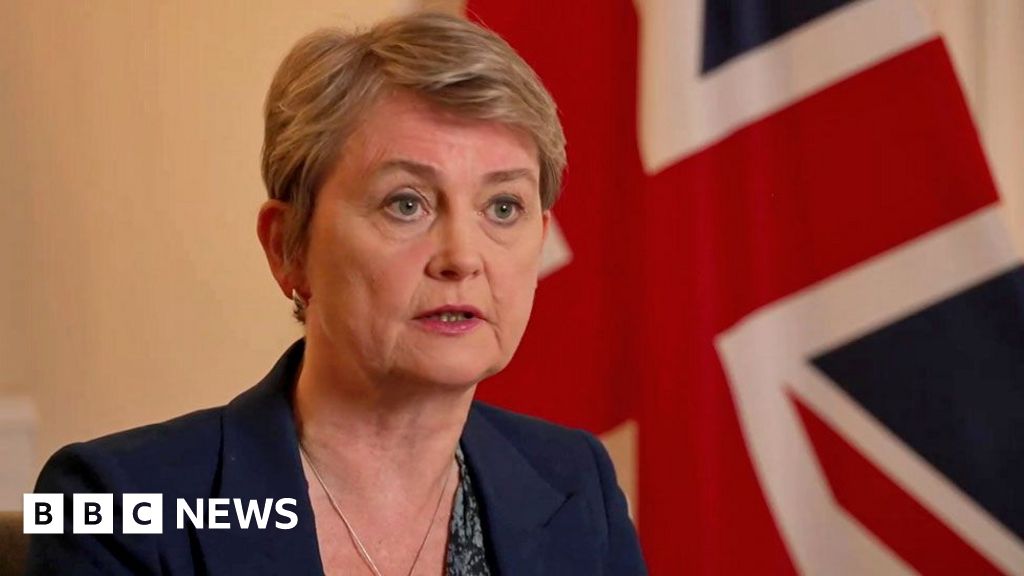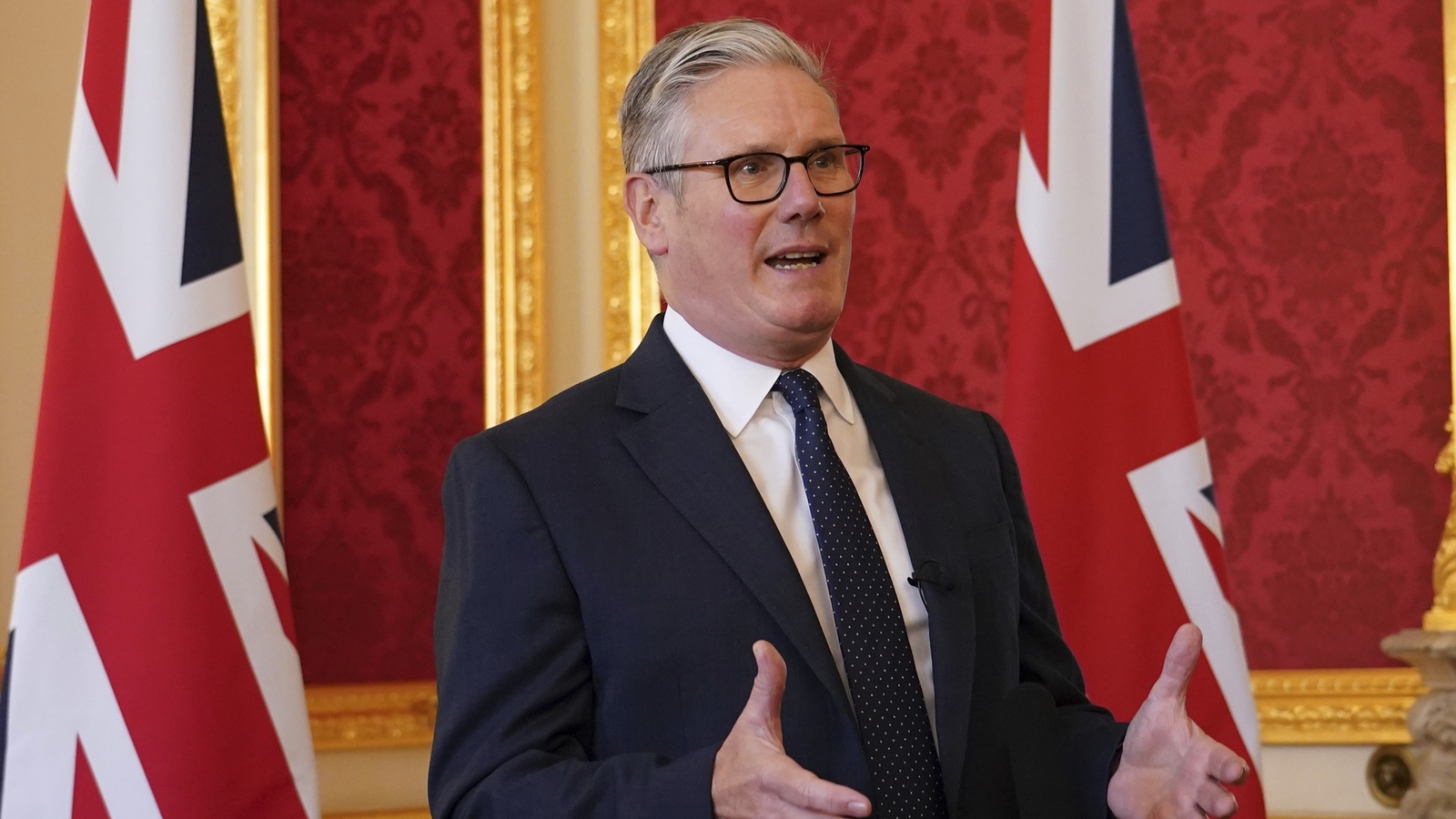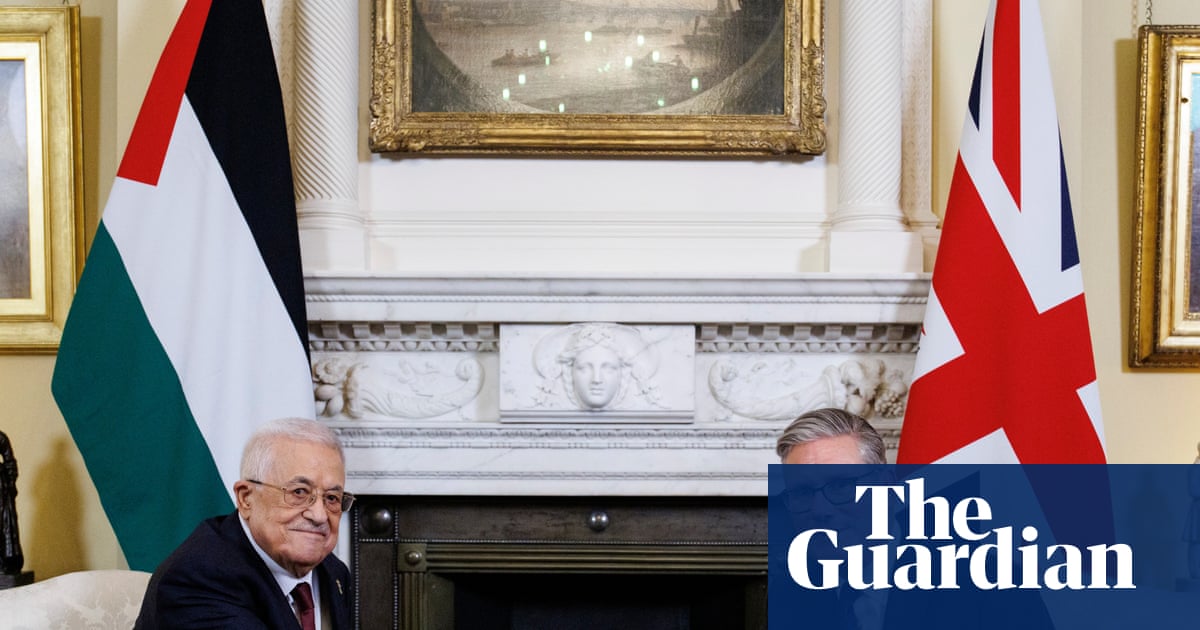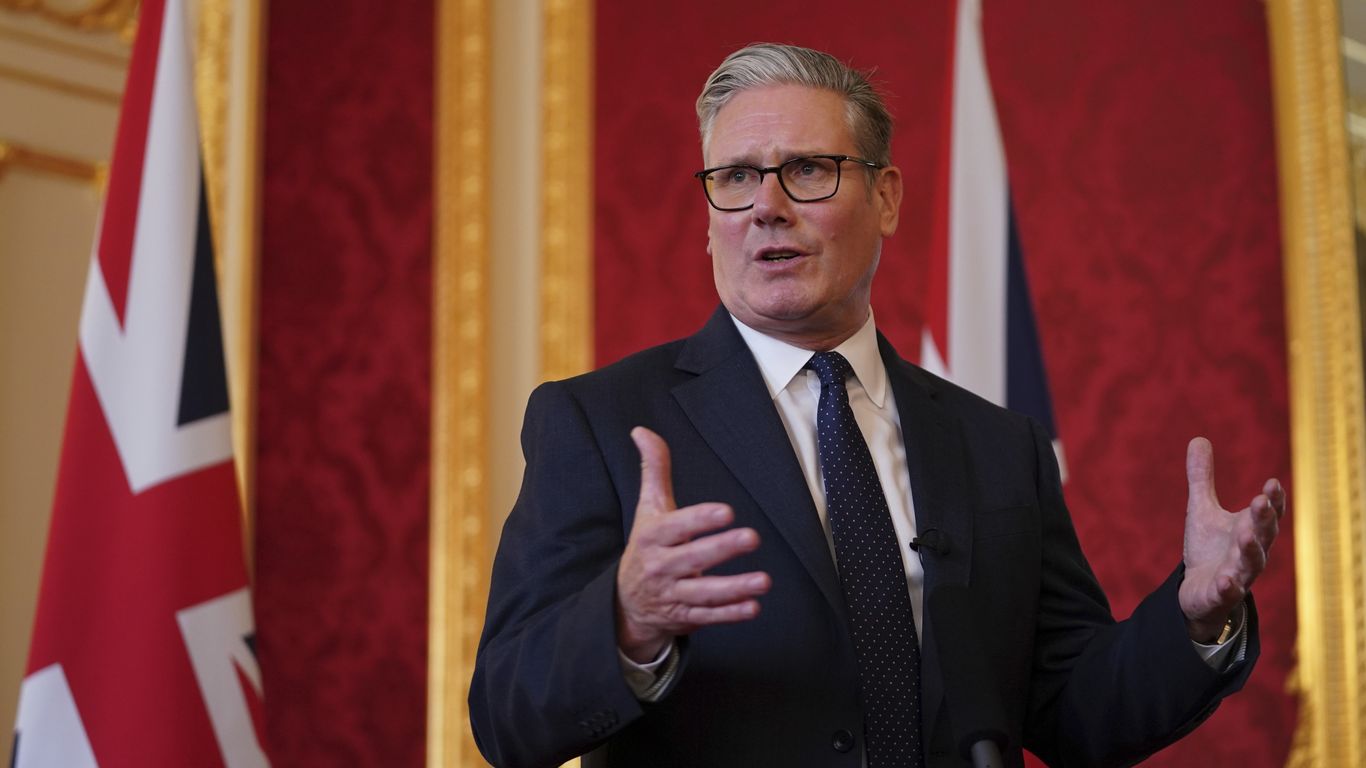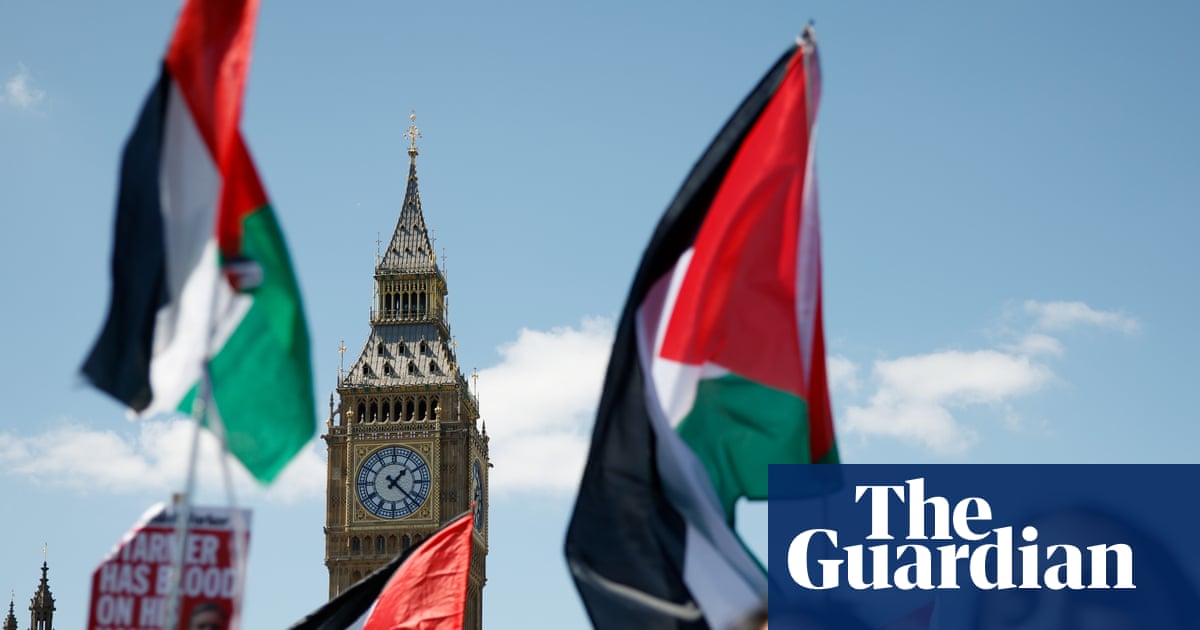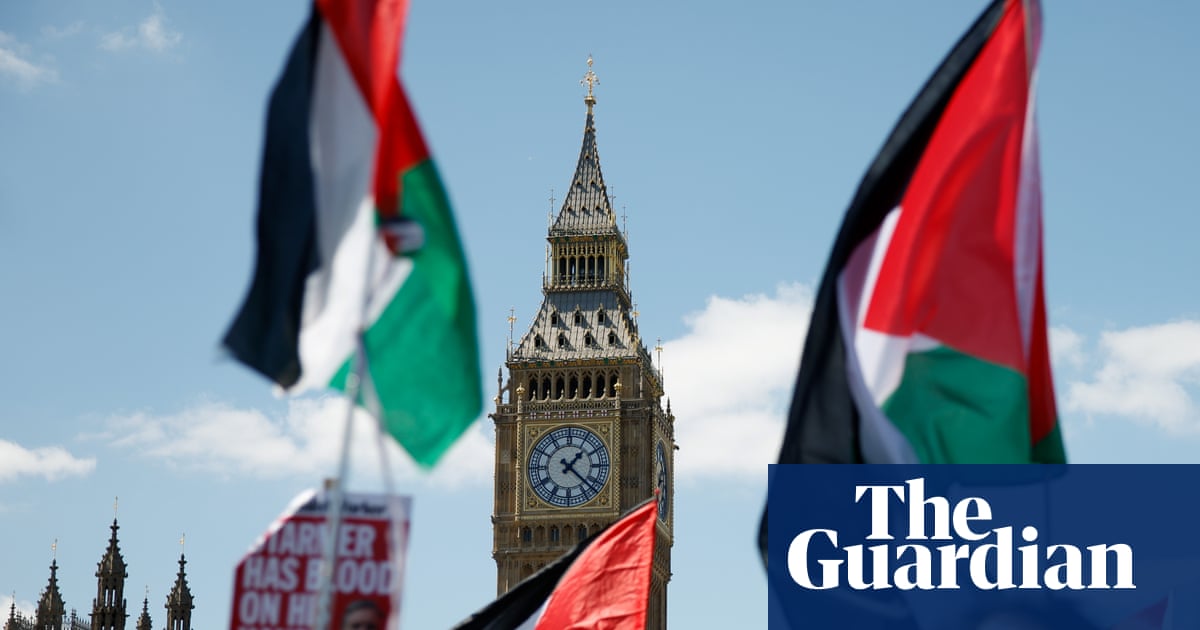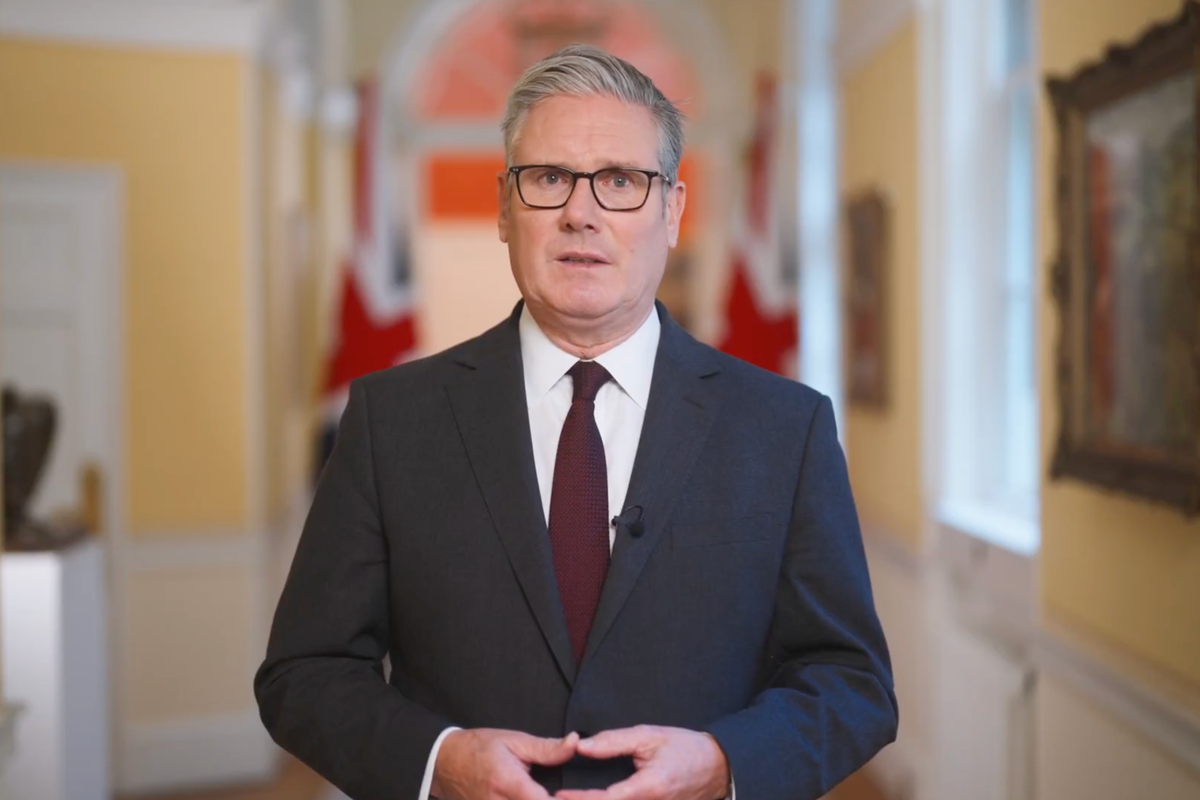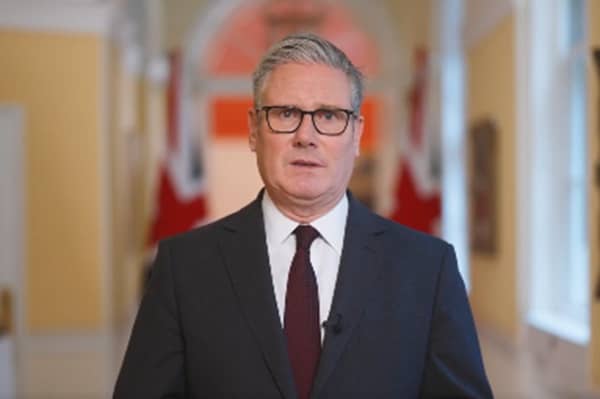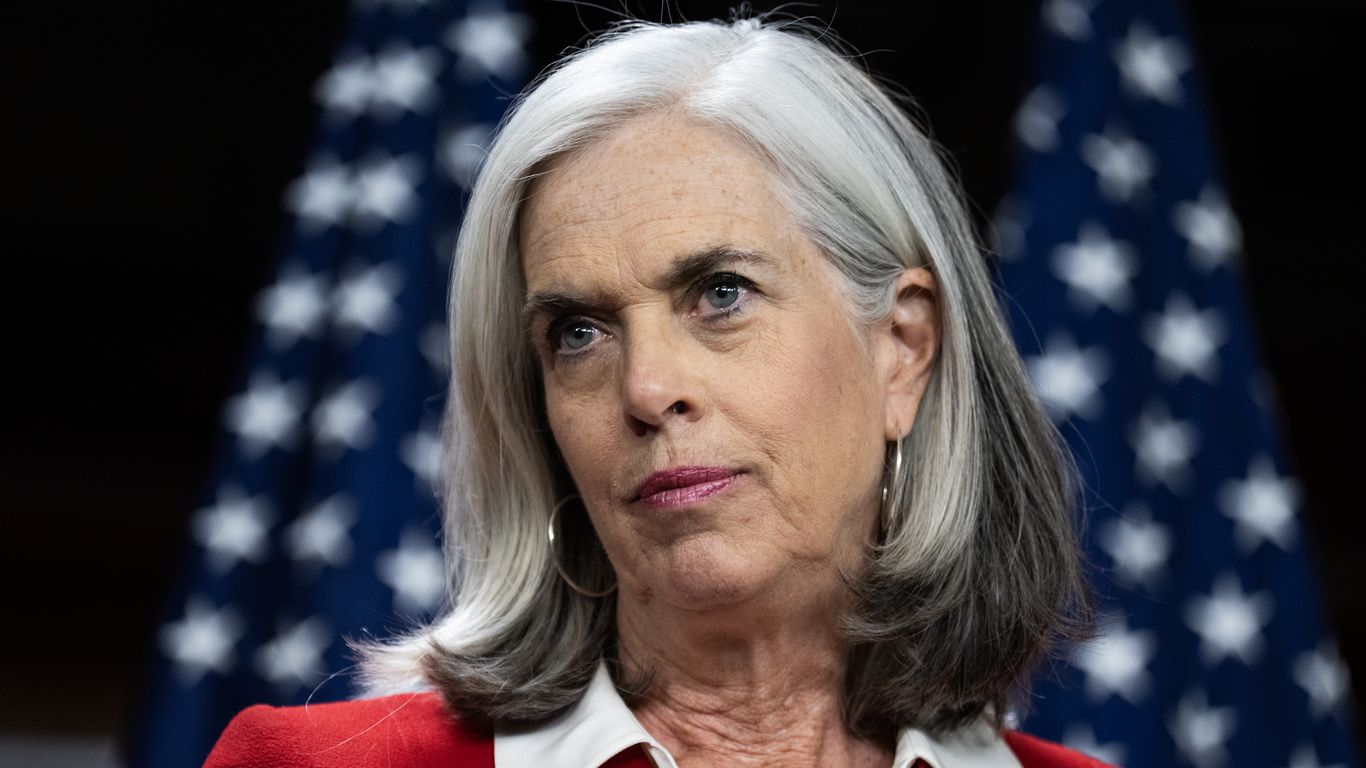#two-state-solution
#two-state-solution
[ follow ]
#international-law #palestinian-statehood #israeli-settlements #un-general-assembly #hamas #gaza-war
Canada news
fromwww.cbc.ca
2 months agoNearly 200 protest outside Munk debate amid calls to arrest ex-Israeli officials over alleged war crimes | CBC News
Protesters objected to an all‑Israeli panel debating Israel supporting a two‑state solution, citing the absence of Palestinian voices and police breaking up the demonstration.
fromJewish Telegraphic Agency
3 months agoJewish groups welcome ceasefire plan as a step toward a 'lasting regional peace' - Jewish Telegraphic Agency
This development represents a hopeful step toward resolving the conflict, securing the release of all hostages, and establishing the conditions for lasting peace and security in the region,
US politics
fromwww.dw.com
4 months agoIran summons European envoys ahead of expected sanctions DW 09/27/2025
United Arab Emirates (UAE) Foreign Minister Sheikh Abdullah bin Zayed Al Nahyan met with Israeli Prime Minister Benjamin Netanyahu on the sidelines of the United Nations General Assembly, where he urged an end to the war in Gaza. The meeting was the first time Netanyahu met with a senior Arab official since Israel struck Qatar on September 9 as it targeted Hamas leaders.
World news
fromwww.theguardian.com
4 months agoRecognising statehood is the minimum now the EU must protect Palestine with money
Separately, the conclusions of the UN commission of inquiry have echoed what human rights organisations and genocide experts have been warning for months: Israel is committing genocide in Gaza. As the ground invasion of Gaza City intensifies, the international community has a legal and moral obligation to act. This includes the immediate imposition of sanctions on Benjamin Netanyahu's government to halt war crimes.
World news
Canada news
fromwww.cbc.ca
4 months agoCanada recognizes State of Palestine, offers help to build peaceful future with Israel | CBC News
Canada recognizes the State of Palestine with partners to preserve a two-state solution, citing erosion after the Oct. 7 attack, annexation moves and humanitarian restrictions.
fromwww.bbc.com
4 months agoWhy Starmer decided the time was right to recognise a Palestinian state
In July, amid the deteriorating humanitarian situation in Gaza and under growing pressure from his own MPs, Prime Minister Sir Keir Starmer decided that time was now. He announced the UK would recognise a Palestinian state in September, coinciding with the UN General Assembly, unless Israel met certain conditions. Those included agreeing to a ceasefire and committing to a long-term sustainable peace that delivers a two-state solution.
UK politics
fromThe New Yorker
4 months agoHow the "Dangerous Gimmick" of the Two-State Solution Ended in Disaster
The veteran negotiators Hussein Agha, representing Palestine, and Robert Malley, an American diplomat, played instrumental roles in that long effort, including the critical Camp David summit of 2000. But, in their new book, "Tomorrow Is Yesterday," they conclude that they were part of a charade. "A waste of time is almost a charitable way to look at it," Malley notes bitterly. "At the end of that thirty-year-or-so period, the Israelis and Palestinians are in a worse situation than before the U.S. got so heavily invested."
World politics
World politics
fromwww.theguardian.com
4 months agoStarmer's meeting with Israel's president risks setting relations back over competing visions
Keir Starmer and Isaac Herzog hold conflicting visions for Israel's future—two-state solution versus security-led policies—risking further strain on UK-Israel relations.
California
fromABC7 Los Angeles
5 months agoCalifornia lawmaker proposes 'two-state solution' in response to redistricting fight
California Republican James Gallagher proposes splitting California into two states, dividing coastal Democratic counties from GOP inland areas, forming a state of over 10 million.
[ Load more ]
